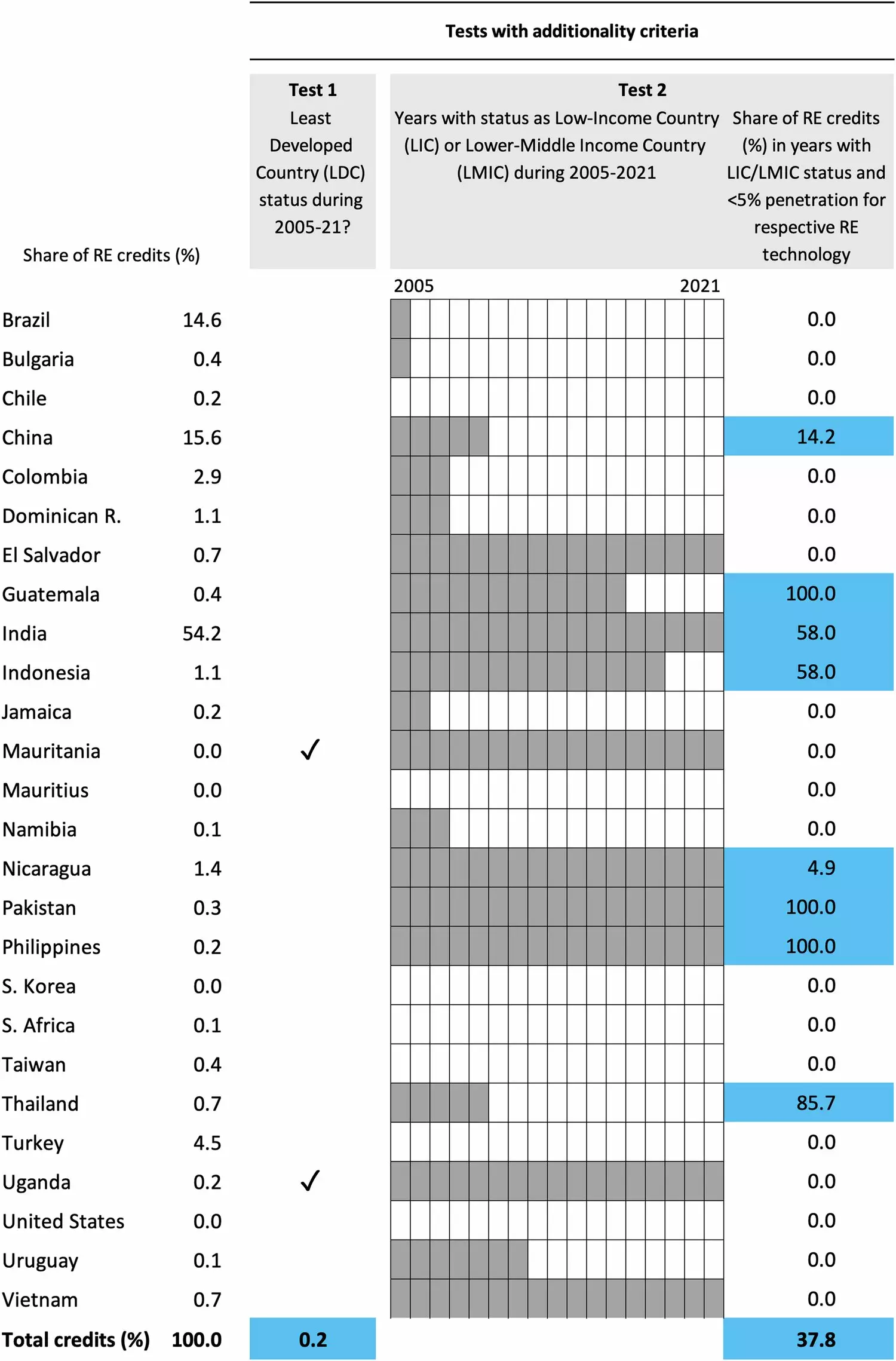In the face of rising global temperatures and extreme weather events, corporations are increasingly promoting themselves as leaders in sustainability. A pivotal element of this narrative is carbon neutrality, wherein companies claim to offset their greenhouse gas emissions by investing in projects designed to sequester carbon. However, a recent study by researchers at Kyoto University raises serious questions about the veracity of such claims, particularly when it comes to the quality of carbon offsets sourced from the voluntary carbon market (VCM).
The Kyoto University study, published in Nature Communications, scrutinizes the practices of 20 major corporations—spanning sectors from oil and aviation to automotive and logistics. Together, these companies represent over 20% of the total carbon offsets retired from global registries in the last four years. The lead author, Gregory Trencher, emphasizes that these corporations predominantly resorted to low-quality, inexpensive carbon credits that fail to meet established environmental standards. The study’s implications are extensive, suggesting a deeper issue of ethics and accountability within the corporate strategies of self-proclaimed environmentally friendly companies.
Quality vs. Quantity of Offsets
A significant troubling aspect of the study revolves around the quality of carbon offsets. The analyzed dataset draws from the largest offset registries, including Verra’s Verified Carbon Standard and the UN’s Clean Development Mechanism, yet the findings indicate that none of the scrutinized companies could substantiate claims that a meaningful percentage of their retired offsets adhered to recognized quality benchmarks. This revelation is alarming, raising doubts about corporations’ genuine commitment to climate action versus their tendency towards “greenwashing”—the practice of misleading stakeholders regarding the environmental benefits of a company’s products or practices.
Interestingly, the research also highlights the role of demand-side practices that drive the demand for low-quality offsets. Many corporations intentionally favor cheaper credits, often derived from outdated projects that do not spur innovation or new investments in climate solutions. This behavior suggests that the root of the problem lies not just in the supply of questionable carbon credits, but also in the strategic choices made by corporations when purchasing offsets. It’s a call for introspection in how these companies approach their climate commitments and the impact of those decisions on their overall sustainability efforts.
As a majority of these corporations have set ambitious net-zero targets, there is an urgent need for them to reassess their offsetting strategies. The disparity between claimed environmental benefits and actual practices poses risks not only for corporate reputations but also for broader climate initiatives. Trencher’s assertion strongly underscores that current offsetting mechanisms in the VCM cannot replace robust and enforceable government policies—in other words, corporations must prioritize tangible changes in their operations to genuinely contribute to the fight against climate change.
The findings from the Kyoto University study serve as a critical reminder of the complexities surrounding corporate claims of carbon neutrality. As scrutiny of corporate sustainability practices intensifies, it becomes ever more crucial for companies to navigate the thin line between legitimate environmental accountability and mere façade. The landscape for climate action necessitates transparency, quality, and a reevaluation of what it truly means to be carbon neutral in the modern world. Ultimately, meaningful change can only come from authentic commitments that transcend superficial engagement with the voluntary carbon market.


Leave a Reply